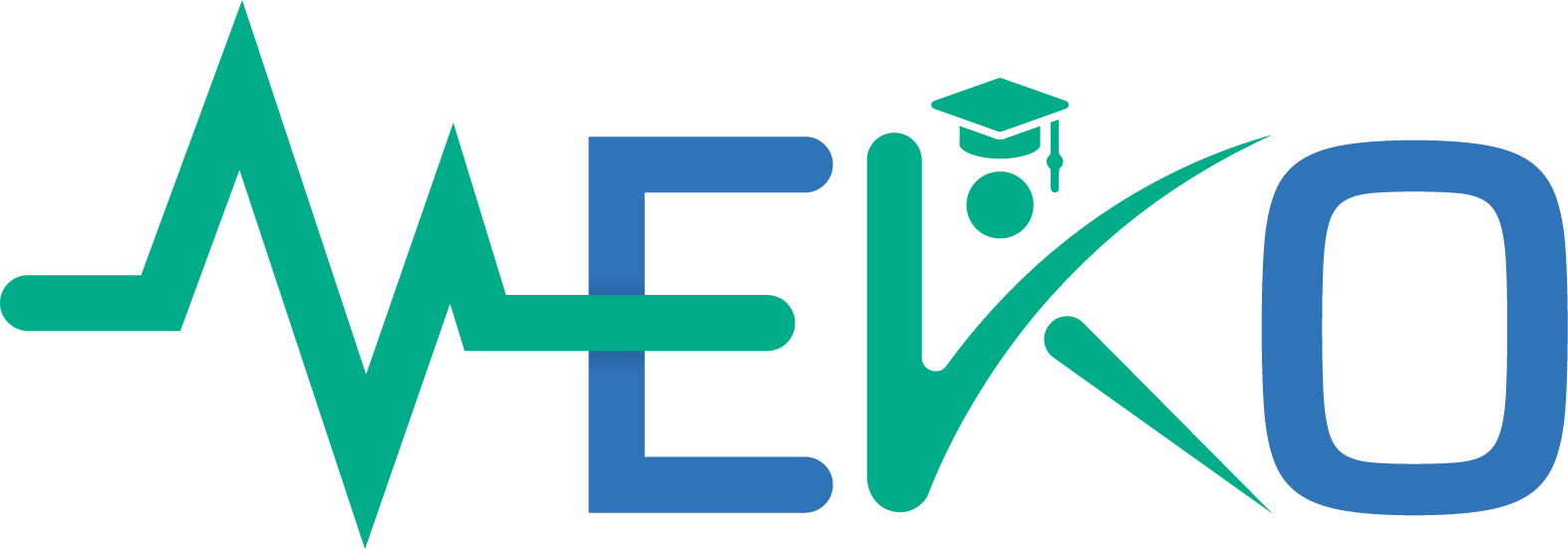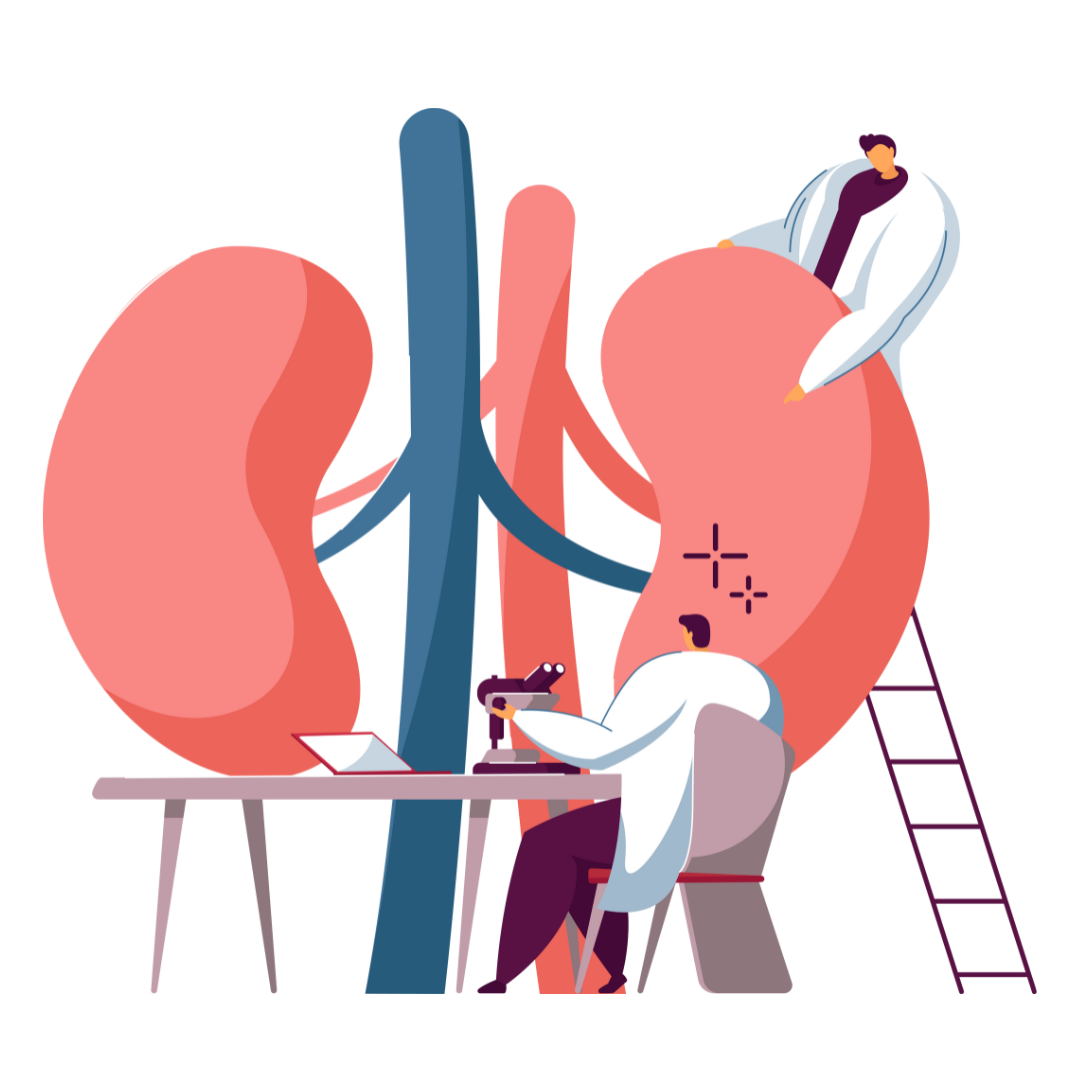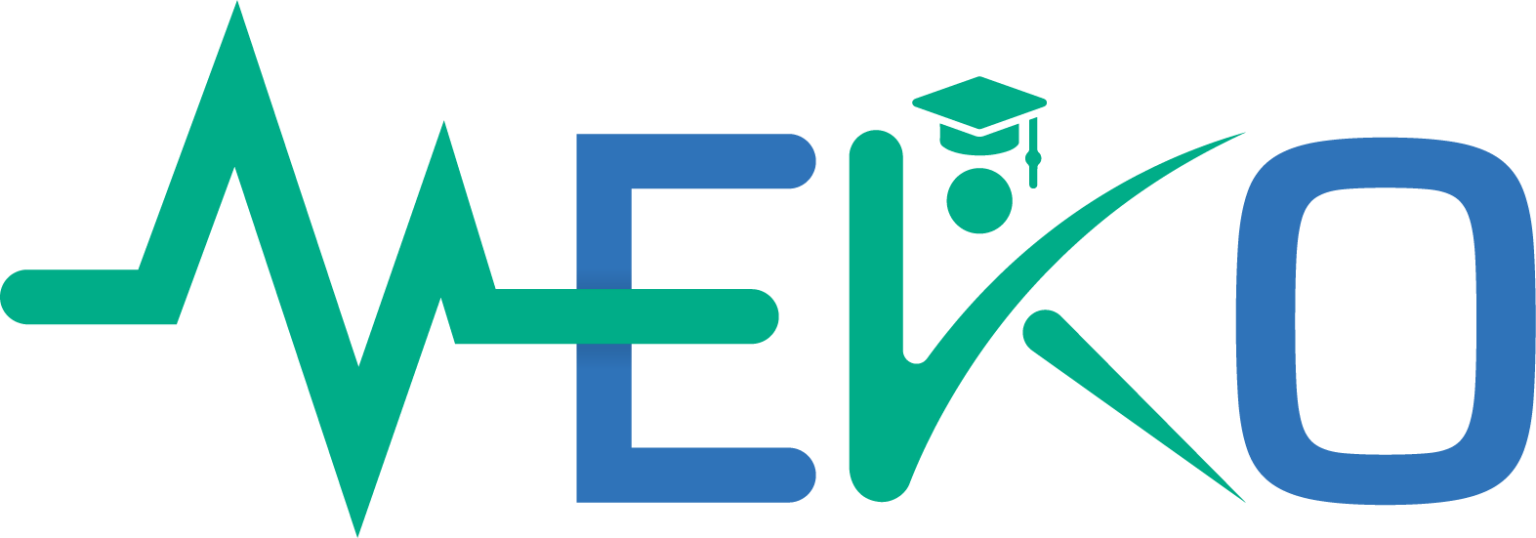Nephrology
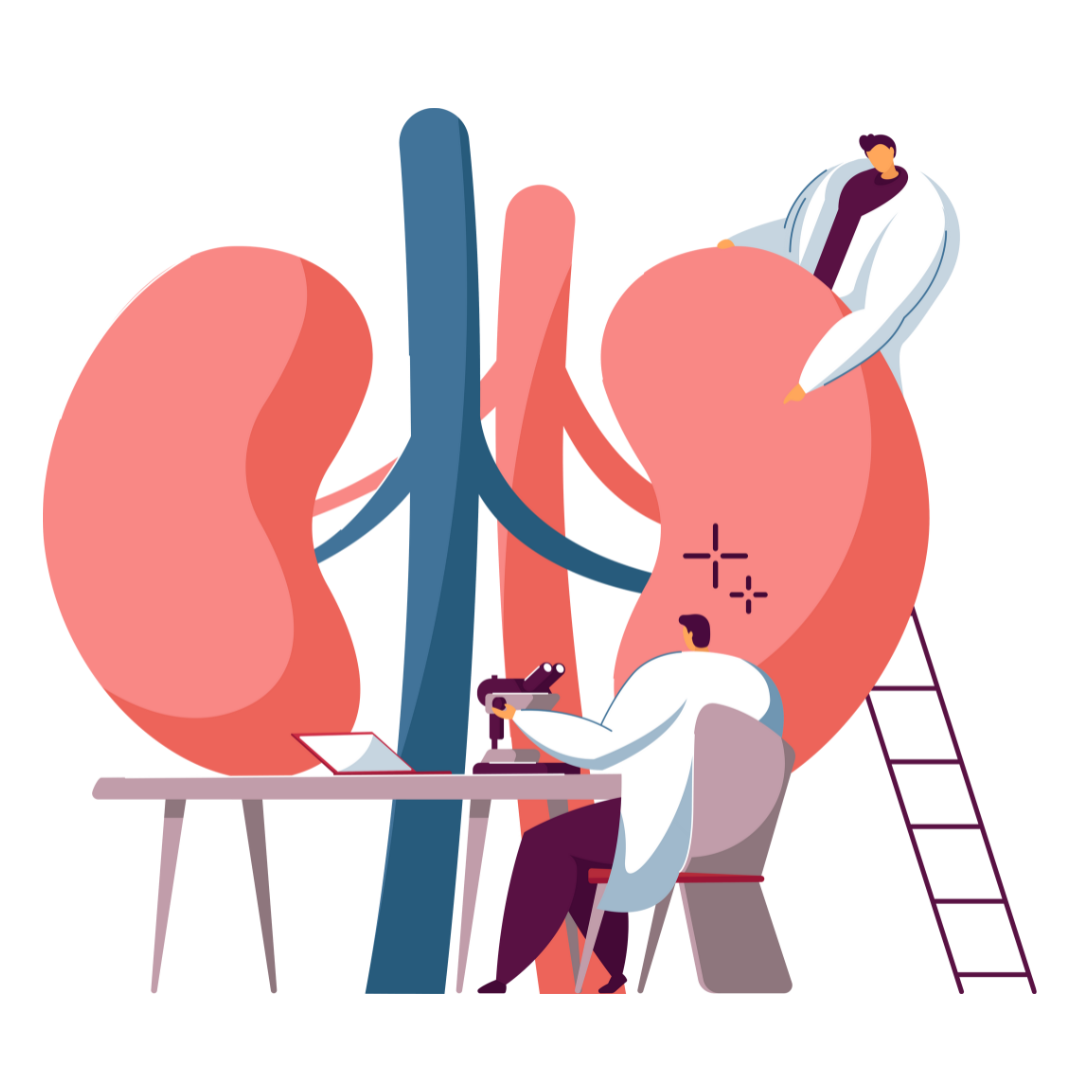
Nephrology is the branch of medicine that specializes in the study, diagnosis, and management of diseases pertaining to the kidneys. Common disease include acute and chronic failure of the kidneys to filter blood (kidney injury), nephrolithiasis (kidney stones), acid-base and electrolyte imbalances, conditions that affect the glomerulus, and urinary tract infections.
A competent physician must have a keen eye for the clinical manifestations, both acute and chronic, of the most common conditions affecting the kidneys in order to start the proper initial management and know which conditions need to be examined by an internist or a nephrologist.
For this course, the student needs to be acquainted with the anatomy and physiology of the kidneys, the physiology of acid-base and electrolyte balance, and cell-mediated immunity.
Although it might seem challenging, a good grasp of basic concepts of nephrology aids in attaining a fuller picture of the most important systemic ailments. For example, medication-resistant hypertension may be due to a secondary cause affecting the kidneys, such as renal artery stenosis.
Comprehensive Medical Education
Tailored Learning Paths
Expert Faculty
Continuous Learning Opportunities

Accredited courses affiliated with esteemed Universities, national and international bodies

Highly experienced faculty

Personalized Access to LMS (With Flexible Learning options)

Comprehensive curriculum

Learning Management System

One on One Mentorship*

Free Interactive/ Q&A session with Faculty

Free CMEs
Comprehensive curriculum
For a complete learning experience, the programme should offer a wide range of medical education material covering various subjects and specialities
Interactive Learning
Use quizzes, case studies, and interactive exercises to get learners involved and help them understand and solve problems better.
Personalised Learning Paths
Give each student a personalised learning path or adaptive learning method that fits their needs. This lets the student learn at their own pace and focus on the areas where they need to improve.
Accessibility on Mobile Devices
Make sure the programme can be used on mobile devices so that students can learn anytime, anywhere, and on any device, which is convenient and gives them more freedom.
Progress Tracking & Analysis
Include ways to keep track of how students are doing. Give them comments in real-time. Make analytics and reports to look at how well individuals and groups are doing. This helps figure out what's going well and what needs work.
Collaboration & Discussion
Set up peer-to-peer interactions, group talks, and forums to help students and teachers collaborate, share knowledge, and network.
Seamless User Experience
Give priority to a user-friendly interface, easy navigation, and a responsive design to ensure students have a smooth and enjoyable learning time.
Data Security & Privacy
Use strong security measures and follow tight rules about data privacy to protect learner information and keep it private.
Continuous Updates and Content Improvements
Update and improve the program's content regularly, including the latest medical advances, study findings, and best practices, to keep it relevant and up-to-date.
Access to Expert Faculty:
Make sure that students have access to well-known subject matter experts, medical professionals, and faculty members who can guide, teach, and support them as they learn.
Certification
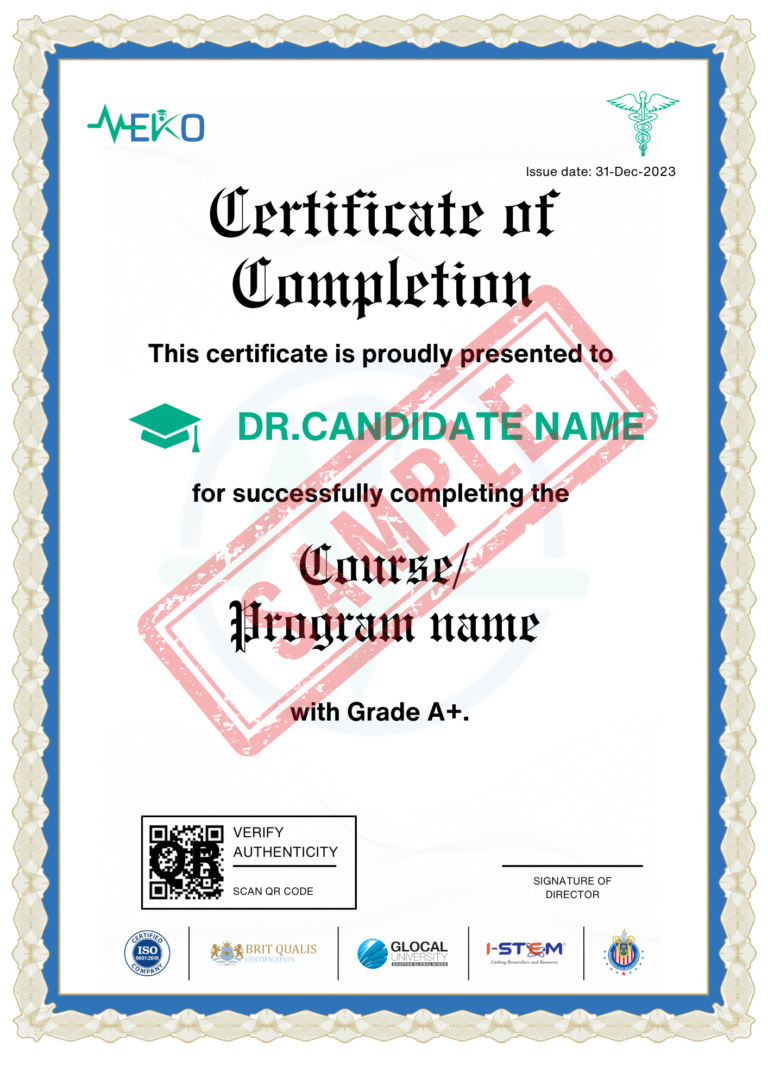
Application Process:
Course Selection
The first step is to choose the course you want to enroll in from our list of healthcare training courses.
Application Form
Once you have selected the course, you need to fill out our online application form, providing us with your personal information and educational background.
Documentation
You will be required to submit the necessary documentation,
such as academic transcripts, certificates, and identification proof, as part of your application
Review & Approval
Once we receive your application and documentation,
our team will review your application and notify you of its approval status within a few business days.
Payment
After your application is approved, you will be required to make the payment for the course fees. You can pay online through our secure payment gateway.
Orientation
After payment, you will receive an orientation package, which will include all the necessary information about the course, including the schedule,
syllabus, and course materials.
Course Commencement
Once the course commences, you will have access to our expert instructors and course materials, enabling you to begin your healthcare training journey
